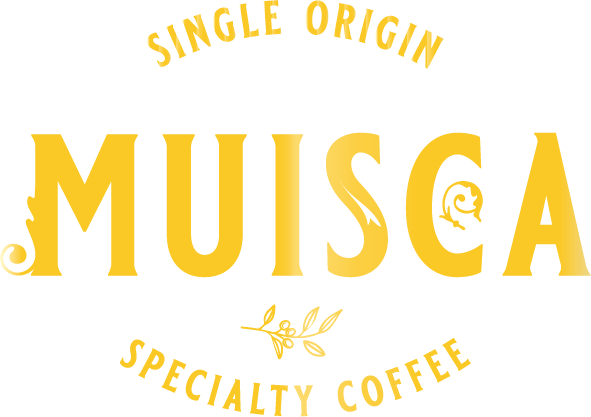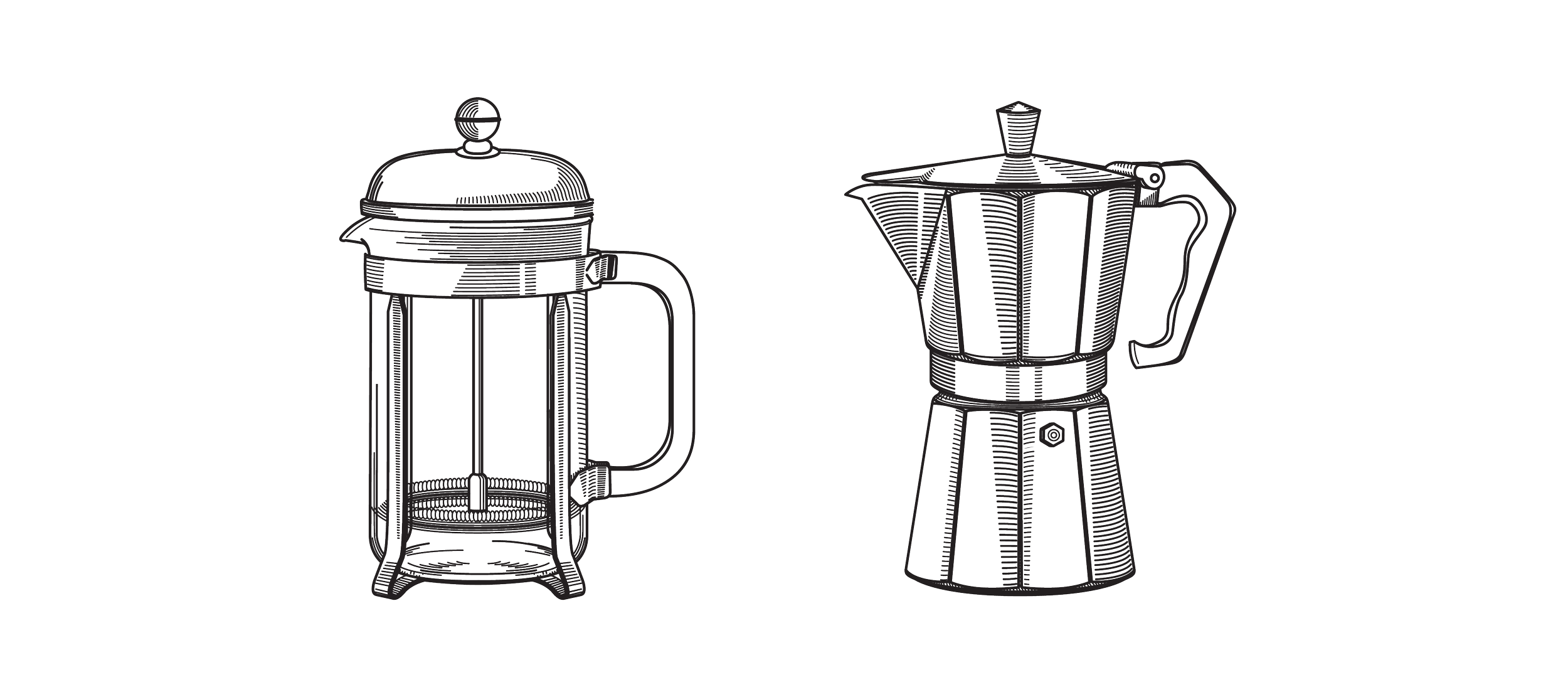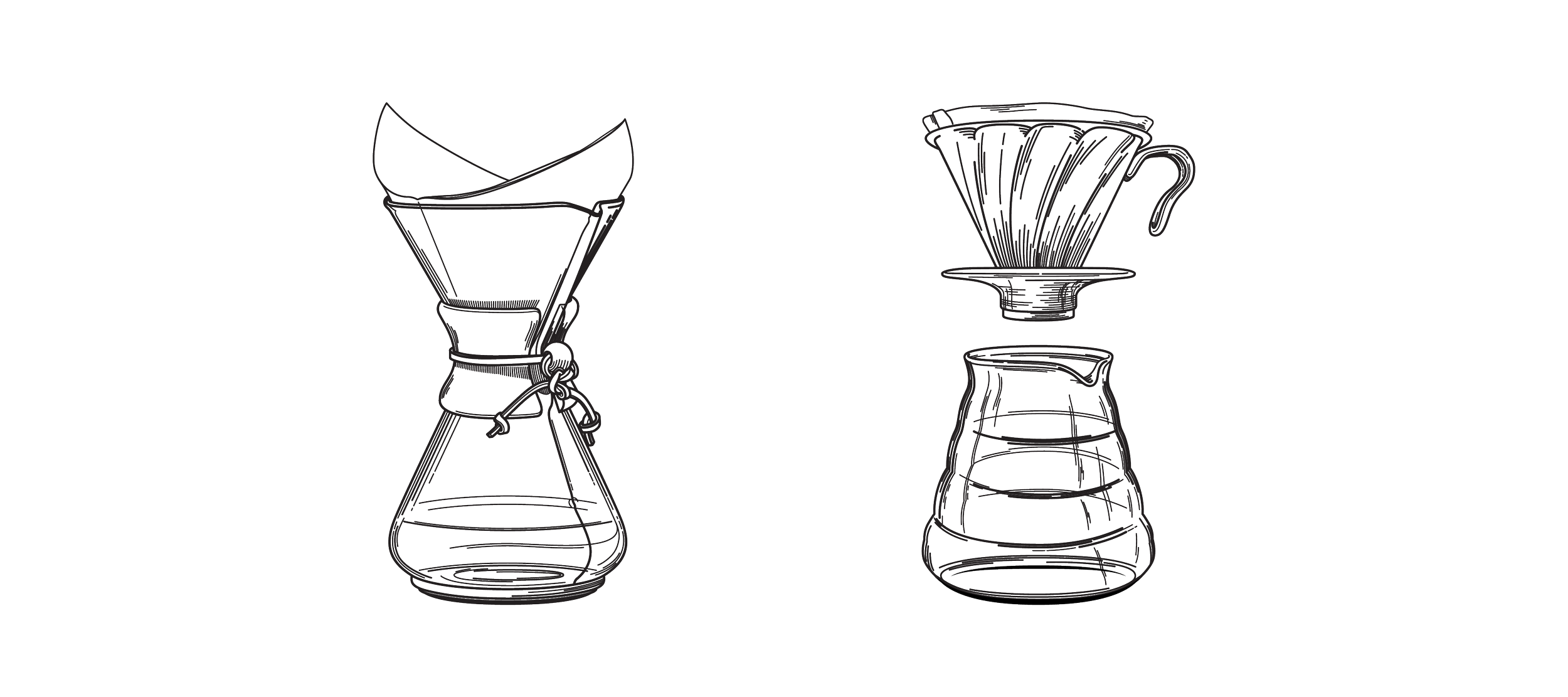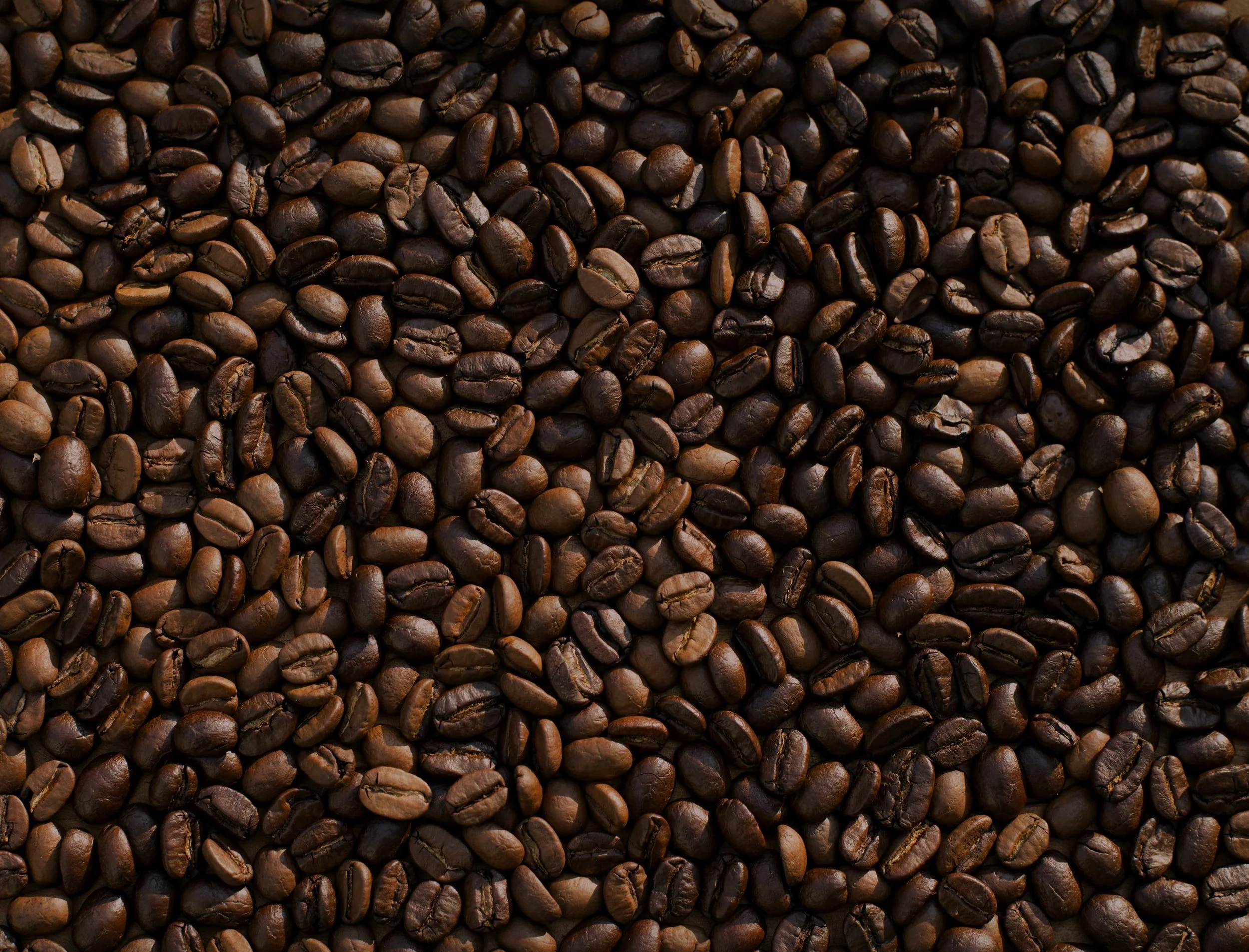
Specialty Coffee, From Our Farms To Your Cup.
The new single-serving sachets by Muisca.
Specialty coffee, wherever you go.
SINGLE ORIGIN
We only work with small producers and farmers in Colombia to create incredible, small batch coffee. No blends, no compromise.
SPECIALTY COFFEE
The highest quality standard in coffee making. From organic, sustainable growing practices, through extensive roasting tests, to final production.
DIRECT TRADE
Our coffee is grown, picked, and roasted in Colombia, putting money back into the communities that need it most.
Bean of the Month.
C A S T I L L O
W A S H E D
-
Recommended brewing style:
Mocha pot, French Press.
-
“ My biggest motivation in growing coffee is that this farm is a legacy from my grandfather, so it is a precious family tradition and I am privileged to maintain this heritage. In Colombia we practice agriculture as a tradition, and any family who are farmer’s will keep their tradition alive forever.
The person that I love the most is my grandfather, because he left me his farm that he started and built with his own hands, and this farm has given me everything in my life, so I owe it to him and to my future grandchildren to keep on being a coffee farmer and to keep alive the tradition that has been in our family for more than 100 years. That is why I love farming and why I am passionate about my coffee, because it is the legacy of our ancestors. “
Carlos Ignacio Lopez
(translated from Spanish)
-
Also known as the wet processing method, this process requires all of the fruit flesh to be removed prior to drying. After de-pulping, the beans are placed in a water tank where the fermentation process will remove the remainder of the fruit flesh.
The amount of time that the fermentation requires depends on the climate and altitude. Usually the fermentation requires 24-72 hours and is watched closely to ensure a high quality bean is produced.
Once complete, the coffee beans are washed, removing any residual flesh, before they are ready to dry.
W A S H E D
-
Recommended brewing style:
French Presso or Moka
-
Gilberto Rojas Mosquera is an expert in caficultura and growing coffee. From the age of 8 he helped his father on the family farm, learning about everything involved with farming.
Now, at the age of 52, he is the winner of the Cup of Excellence competition, organized by the Colombian National Coffee Institute.
“As a father, I'm so pleased that all my children are very knowledgeable and share my love for coffee farming, its different processes and new coffee varieties. Coffee is the base of our economy and very much part of our culture, we live for coffee and our life is coffee. It is our gift to the world.
-
Also known as the wet processing method, this process requires all of the fruit flesh to be removed prior to drying. After de-pulping, the beans are placed in a water tank where the fermentation process will remove the remainder of the fruit flesh.
The amount of time that the fermentation requires depends on the climate and altitude. Usually the fermentation requires 24-72 hours and is watched closely to ensure a high quality bean is produced.
Once complete, the coffee beans are washed, removing any residual flesh, before they are ready to dry.
N A T U R A L
-
Recommended brewing style:
Chemex, Pour Over
-
“ My biggest motivation in growing coffee is that this farm is a legacy from my grandfather, so it is a precious family tradition and I am privileged to maintain this heritage. In Colombia we practice agriculture as a tradition, and any family who are farmer’s will keep their tradition alive forever.
The person that I love the most is my grandfather, because he left me his farm that he started and built with his own hands, and this farm has given me everything in my life, so I owe it to him and to my future grandchildren to keep on being a coffee farmer and to keep alive the tradition that has been in our family for more than 100 years. That is why I love farming and why I am passionate about my coffee, because it is the legacy of our ancestors. “
-
Also known as the dry process, natural processing is the most traditional method to process coffee. The process requires the fruit, once harvested to be spread out in thin layers to dry in the sun.
The intent is to enable air flow around the cherries, thus promoting even drying of the fruit and bean. Once the cherries are dried, the skin and dried fruit flesh are removed mechanically.
The “green” (unroasted) coffee bean is stored and “rested” for a set period of time prior to transport and roasting.






















